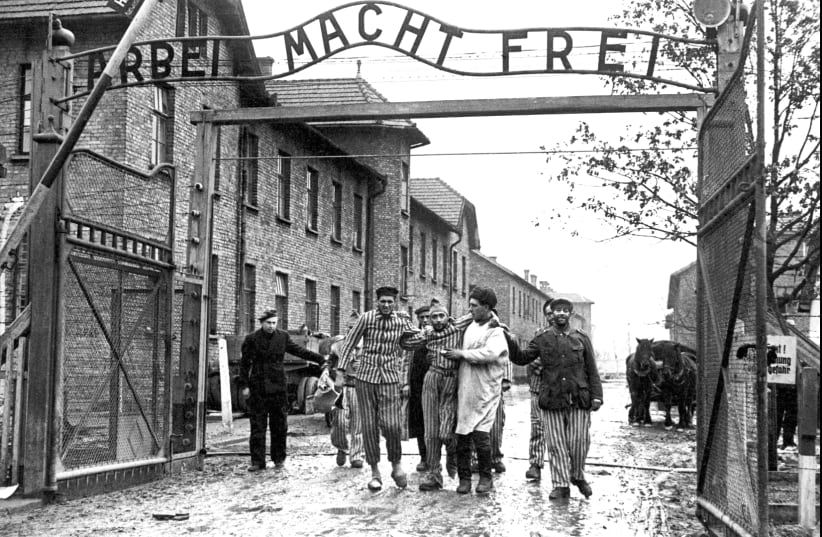Scotland's last Auschwitz survivor found love after Holocaust
Though many around the world commemorate the 75th anniversary of the liberation of Auschwitz by focusing on those horrors, 97-year-old Judith Rosenberg remembers the love she found afterwards
